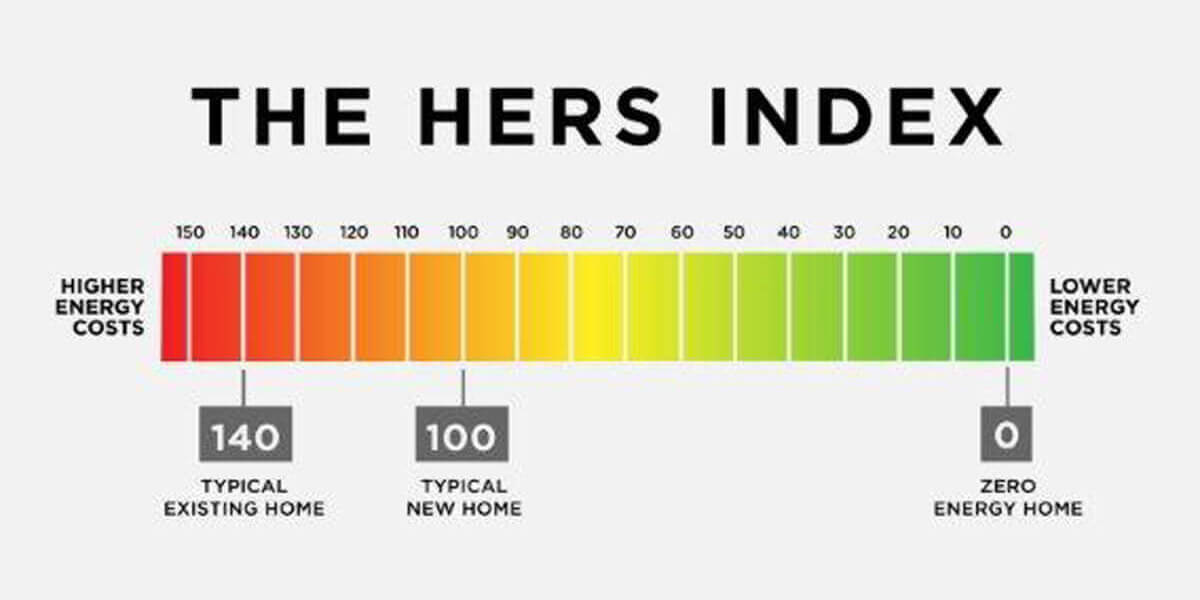There’s an ongoing debate about how homeowners can best conserve energy. One question in this debate is whether insulation should be installed before replacing your windows, or the other way around. These two methods both combat energy consumption and save you money, but one of these techniques is more important than the other.
Insulation slows heat transmission in many parts of your home, but windows are a main source of heat loss in the winter due to air leakage. If they are not properly sealed and installed, your energy bill will increase as cold air enters your home, making your heating system work harder to compensate.
Although windows can be effectively insulated, many energy-saving windows are now available for purchase. These windows are 2-3 times more effective in saving energy than older windows. When closed, an energy-efficient window will seal off the area around its edges for an airtight hold. This will prevent leakage and heat loss through the seal around your windows.
Professionals highly encourage installing new windows, but should this step come before or after you insulate your home?
Overall, insulation covers more space when installed compared to the space that windows affect. Insulation also helps seal air leakage throughout your home. While both techniques are essential for an energy-efficient home, insulation should be installed prior to, or along with your cellulose insulation.
When you insulate, you immediately start saving energy and money. Because insulation not only stops heat loss, but helps prevent air leakage, it acts similarly to energy-efficient windows by stopping unwanted airflow. With this dual ability, insulating is more helpful to conserve energy in your home than simply replacing windows.
Because insulation immediately stops heat loss throughout your entire home, you save more energy than only replacing your windows. When most of the space around your home is insulated, there is a barrier against the outside weather. This barrier is a key aspect for saving large amounts of money on your home energy bill.
The more space insulated, the higher your home’s R-value will be. It is this R-value that determines the energy savings in your home. The higher it is, the more energy and money you save.
After installing insulation, you will continue to boost your savings if you purchase energy-efficient windows. Replacing windows is also proven to be an effective way to conserve energy, but it does not save as much as insulating your home saves. When you install insulation prior to replacing your windows, you start saving more energy sooner.















